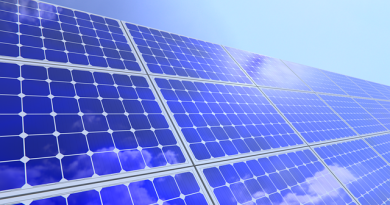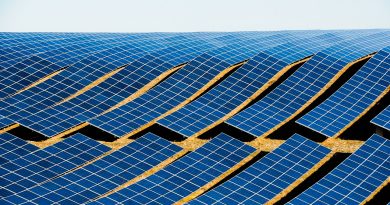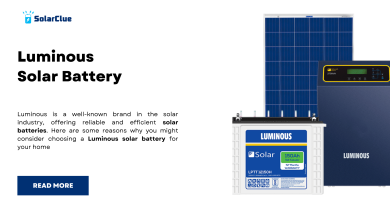Unveiling the Benefits of Rooftop Hybrid PV Systems
In the pursuit of sustainable and efficient energy solutions, Rooftop Hybrid PV Systems have emerged as a promising technology. Blending the advantages of solar photovoltaic (PV) and other power sources, these systems offer a unique set of benefits. In this blog post, we will delve into the various advantages that rooftop hybrid PV systems bring to the table.
Table of Contents
Section 1: Harnessing Solar and Beyond
1.1 Integration of Solar PV and Other Sources
These hybrid systems seamlessly integrate solar PV technology with other power sources, such as wind or backup generators. This synergy ensures a continuous and reliable power supply, even during periods of low sunlight.
1.2 Energy Harvesting Diversity
By combining multiple energy sources, these hybrid systems can harvest energy from various environmental conditions, providing a more stable and consistent power output throughout the day and night.
Section 2: Increased Energy Efficiency
2.1 Optimal Use of Resources
Rooftop hybrid PV systems optimize energy production by intelligently utilizing available resources. The system can switch between solar, wind, or backup power depending on factors like weather conditions and energy demand, ensuring maximum efficiency.
2.2 Reducing Reliance on the Grid
The ability to generate power from multiple sources allows users to decrease their reliance on the traditional power grid. This not only provides energy independence but also contributes to overall grid stability.
Section 3: Cost Savings and Financial Benefits
3.1 Reduced Energy Bills
These systems contribute to significant cost savings by harnessing free and abundant solar and wind energy. Users can witness a considerable reduction in their energy bills, making the initial investment worthwhile.
3.2 Incentives and Rebates
Many governments offer incentives and rebates for adopting hybrid energy solutions. This system owners may qualify for financial benefits, accelerating the return on investment and making the transition to clean energy even more attractive.
Section 4: Environmental Sustainability
4.1 Lower Carbon Emissions
The integration of solar and wind power reduces reliance on fossil fuels, resulting in lower carbon emissions. This eco-friendly approach aligns with global efforts to combat climate change and promote sustainability.
4.2 Green Energy Certification
Buildings and facilities equipped with this system may qualify for green energy certifications, showcasing a commitment to environmental responsibility and potentially increasing property value.
Section 5: Backup Power Security
5.1 Uninterrupted Power Supply
The inclusion of backup power sources in rooftop hybrid PV systems ensures an uninterrupted power supply, even during grid outages. This feature is particularly valuable for critical applications such as hospitals, data centers, and residential areas.
5.2 Grid Support and Resilience
The system can provide support to the grid during peak demand periods or emergencies. This grid resilience enhances overall energy infrastructure and contributes to a more robust and reliable power system.
Conclusion
Rooftop hybrid PV systems represent a dynamic and forward-thinking approach to energy generation. By combining solar, wind, and backup power sources, these systems offer a myriad of benefits, including increased efficiency, cost savings, environmental sustainability, and backup power security. As we unveil the advantages of rooftop hybrid PV systems, it becomes evident that they play a crucial role in shaping a more resilient, sustainable, and reliable energy future. Consider the benefits and possibilities as you explore the potential of rooftop hybrid PV systems for your energy needs.



